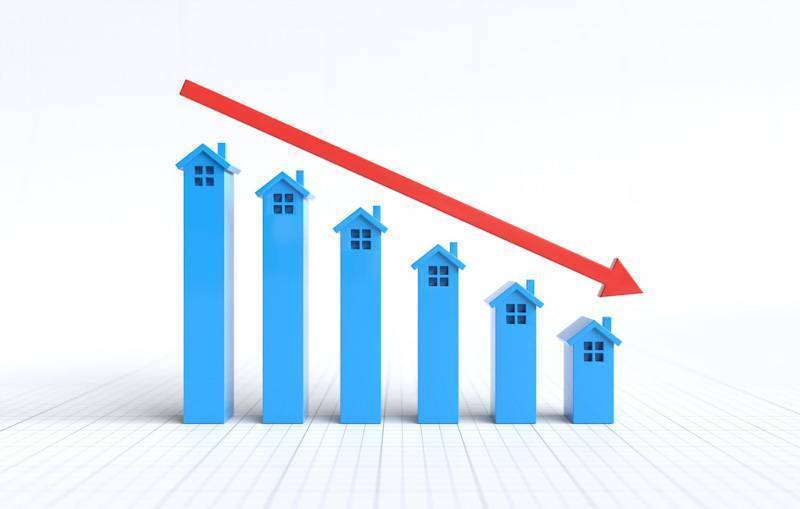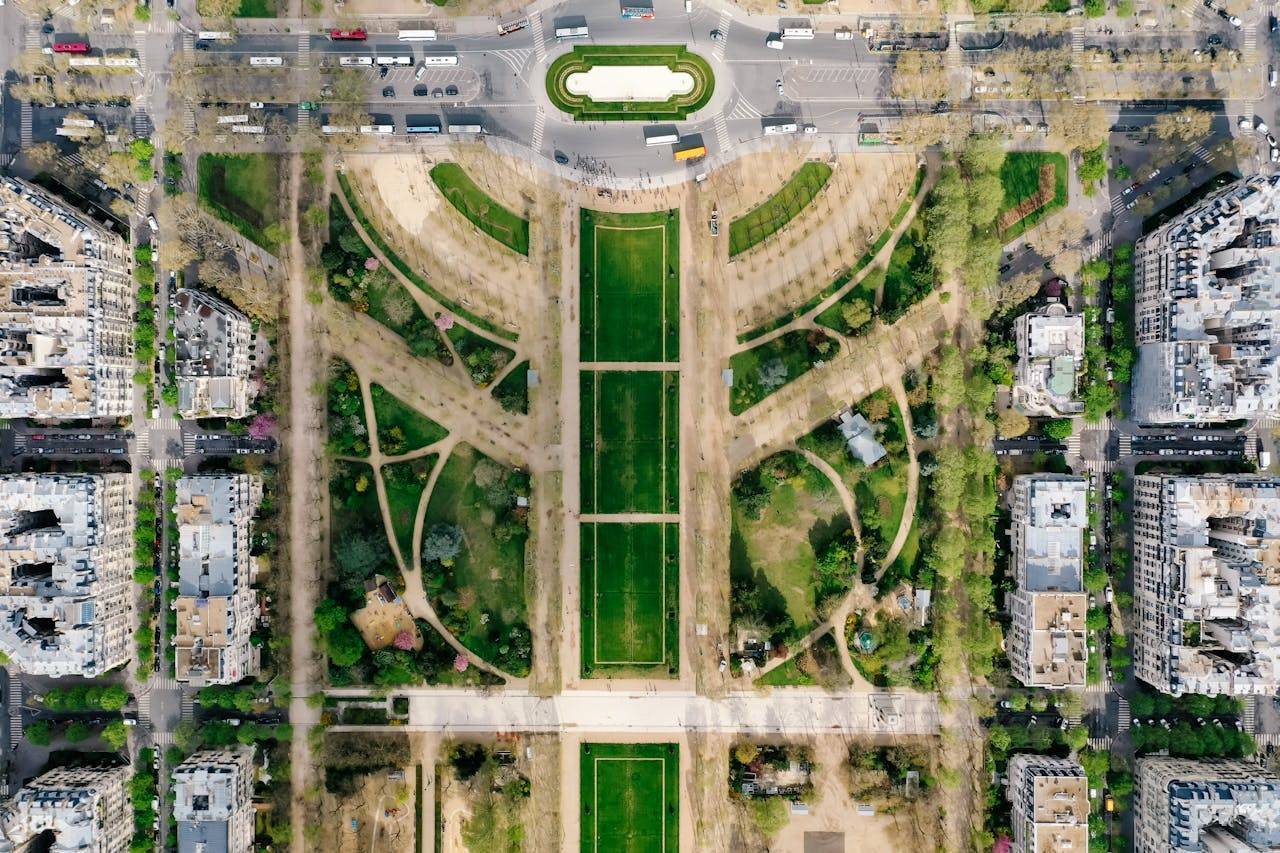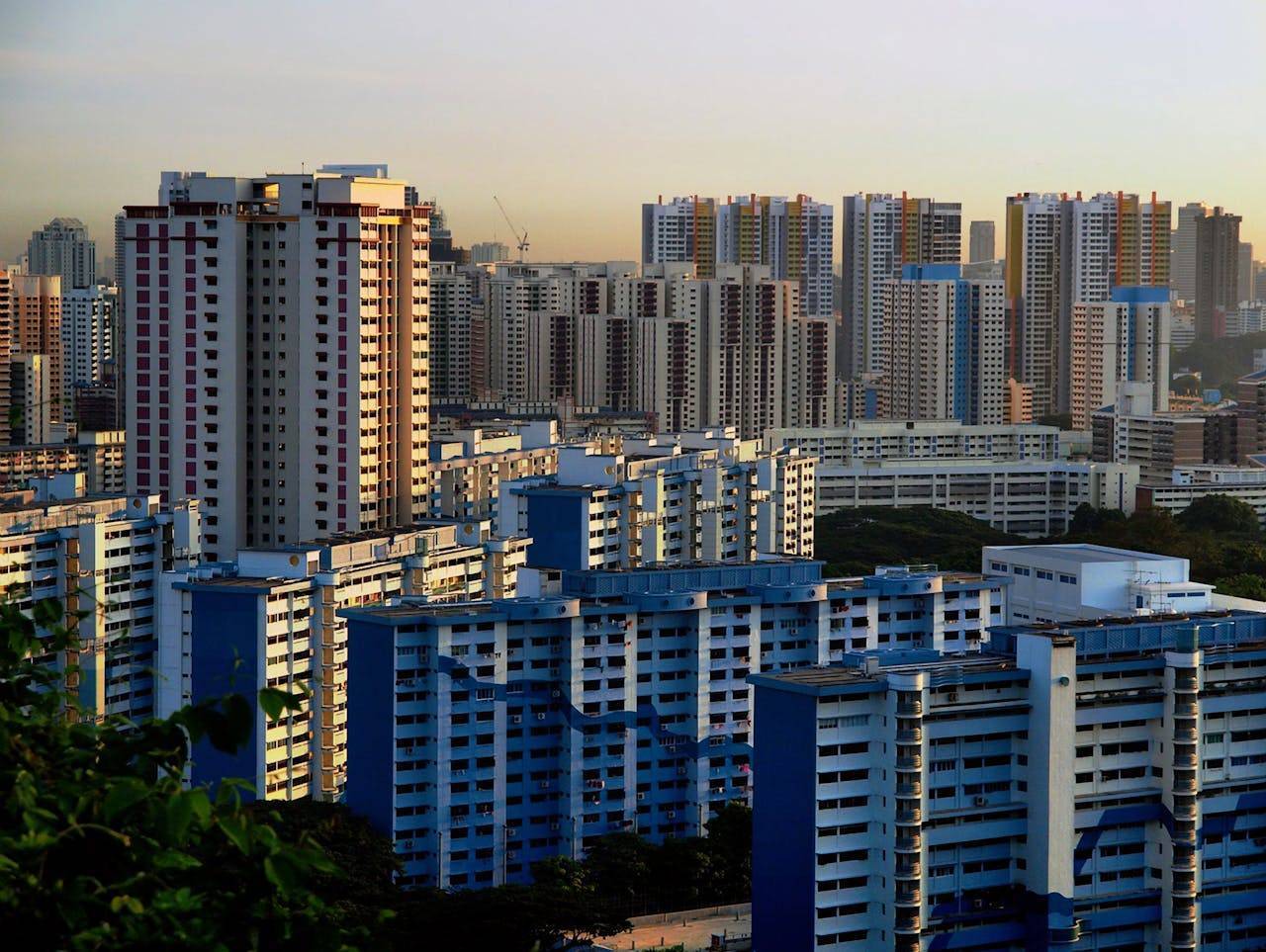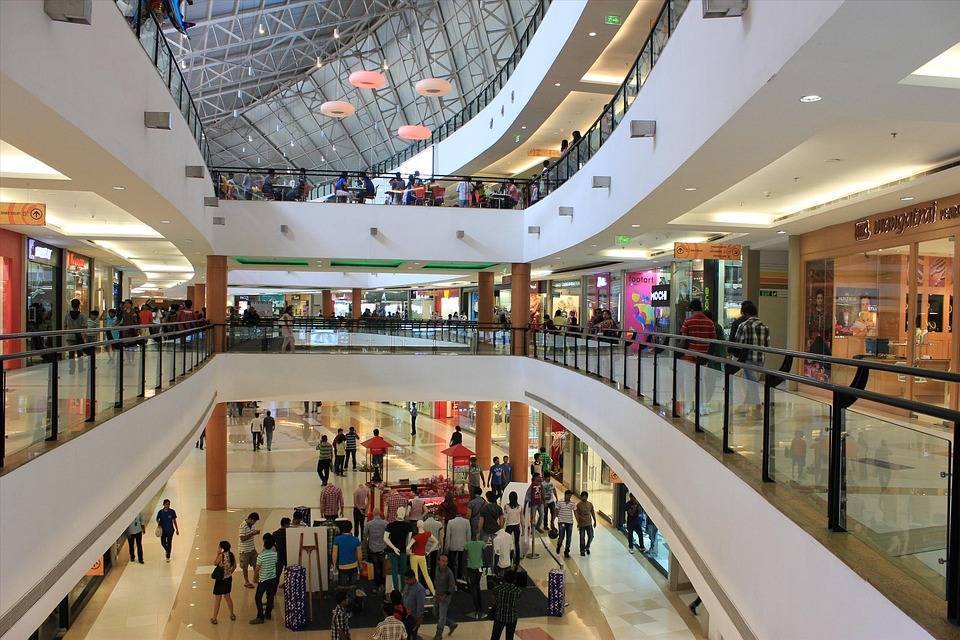Housing sales across India’s top nine cities are set to decline by 18% in the third quarter of 2024, according to data shared by real estate analytics firm PropEquity. The firm revealed that housing sales fell to 1,04,393 units in Q3 2024 from 1,26,848 units in the same period last year, highlighting a notable drop in the sector. Furthermore, new housing launches in the July-September quarter also saw a decline, falling by 11% compared to the same period last year.
The PropEquity data outlines that new housing launches for the period dropped to 93,693 units, compared to 1,05,655 units launched in Q3 2023. The downturn in both sales and new launches points towards a broader trend of deceleration in the housing market across India's major metropolitan areas, as both buyers and developers appear to be taking a more cautious approach.
Declining Housing Sales in Major Cities
The report identifies significant reductions in housing sales across several key cities. Hyderabad recorded the sharpest drop in sales at 42%, followed by Bengaluru at 26%, Kolkata at 23%, Pune at 19%, Chennai at 18%, Mumbai at 17%, and Thane at 10%. These cities, which typically show robust demand for residential units, are now experiencing a pullback, raising concerns about the future trajectory of the real estate sector in these regions.
Despite the overall downturn, the data shows that the Delhi National Capital Region (NCR) and Navi Mumbai bucked the trend, witnessing a rise in housing sales by 22% and 4%, respectively. This uptick in these two cities contrasts the otherwise gloomy picture in the other metros.
Potential Causes of the Decline
Several factors could be contributing to the slowdown in the housing market. High inflation, rising interest rates, and reduced consumer confidence may be deterring buyers. Additionally, the affordability of housing units, particularly in metro areas, has been an ongoing issue, which could be leading to lower absorption rates in cities like Hyderabad and Bengaluru.
For developers, increased costs of construction materials and regulatory hurdles may be limiting new project launches. The ongoing delays in land acquisition and approvals further exacerbate the situation, leading to fewer launches and slowing project completions. This creates a ripple effect, where fewer housing options are available for prospective buyers, further contributing to the overall decline in sales.
Regional Variations in New Launches
While housing sales saw a downward trend, new launches also declined across most cities. According to PropEquity, Hyderabad saw a massive 54% drop in new launches in Q3 2024, compared to the same quarter last year. Kolkata followed closely with a 48% decline, while Chennai, Bengaluru, Navi Mumbai, and Pune also recorded significant declines ranging between 19% and 23%.
However, the NCR, Mumbai, and Thane experienced a rise in new launches during this period. New supply in NCR rose by an impressive 221%, indicating strong developer confidence in the region. Mumbai and Thane saw new launches increase by 18% and 11%, respectively. This regional variation suggests that while some markets may be cooling down, others continue to show potential for growth.
Hyderabad and Navi Mumbai: A Focus on Plots
Interestingly, the report points out that a majority of new real estate launches in Hyderabad and Navi Mumbai are focused on plots rather than apartments. This shift highlights a preference among developers and buyers in these regions for land investment, likely driven by the growing demand for independent homes and plotted developments.
In 2023, Hyderabad saw an unprecedented high of 94,629 units of supply, which makes the 2024 reduction in new launches more reasonable, according to PropEquity CEO Samir Jasuja. The historical high in the previous year skews the current year’s numbers, leading to what appears to be a significant reduction in new launches. However, the actual impact on the overall market may not be as severe when viewed in context.
Outlook for the Real Estate Market
Despite the current decline in both housing sales and new launches, experts believe that the demand for real estate remains robust in India. “The demand for real estate continues to be strong, as even in this quarter the absorption/sales are higher than the new launches,” said Samir Jasuja. He emphasized that the marginal drops observed in the current quarter are in line with historical trends and should not be seen as indicators of any long-term problems.
Additionally, while some cities are experiencing a temporary slowdown, the rise in new launches in regions like NCR and Mumbai points to sustained interest in the housing sector. The demand for homes, particularly in these areas, is expected to remain steady, supported by ongoing urbanization, rising incomes, and favorable government policies such as the Pradhan Mantri Awas Yojana (PMAY), which aims to boost affordable housing.
Conclusion
The real estate market in India, particularly in its nine major cities, is currently facing a slowdown in both sales and new launches. While some regions, such as Hyderabad and Bengaluru, have seen a significant decline in housing demand, others, like Delhi NCR and Navi Mumbai, continue to show resilience.
Despite the current challenges, the underlying demand for housing in India remains strong, particularly in cities where supply has not yet caught up with demand. Developers and buyers alike will need to navigate the current economic conditions, but the long-term outlook for India's housing market remains positive, driven by the country’s rapidly growing urban population and rising housing aspirations.
Image source- freepik.com









.png)